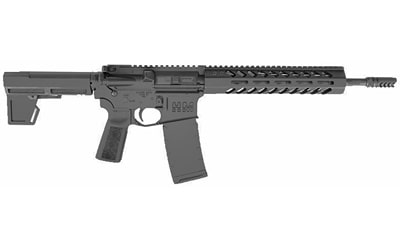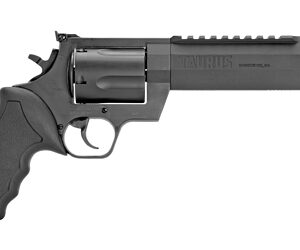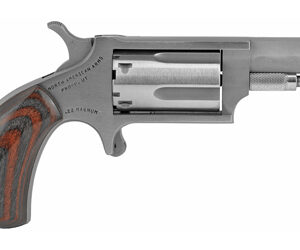Navigating the Market and Ensuring Responsible Ownership
Exploring the Variety of Firearms Available
In today’s market, the variety of gatling guns for sale is vast, catering to a wide range of needs and preferences. From compact handguns designed for personal protection to high-precision rifles favored by hunters and sport shooters, there’s a firearm for every purpose. Handguns, such as revolvers and semi-automatic pistols, are particularly popular among those seeking a reliable means of self-defense due to their ease of use and portability. Rifles, known for their accuracy and long-range capabilities, are ideal for hunting and competitive shooting. Meanwhile, shotguns offer versatility, making them suitable for hunting small game and birds as well as for home defense. Understanding the different types of firearms and their specific applications is crucial for anyone looking to make an informed purchase.
Key Considerations When Buying a Firearm
When considering guns for sale, prospective buyers must take into account several critical factors to ensure they choose the right firearm for their needs. The primary use of the gun is a major consideration – whether it’s for self-defense, hunting, sport shooting, or collection. The caliber of the firearm, which affects recoil and stopping power, is another essential factor. Ergonomics and comfort also play a significant role, as a firearm that fits well in the hand and is comfortable to shoot can enhance accuracy and enjoyment. Additionally, potential buyers should consider the availability and cost of ammunition, as well as the compatibility of the firearm with various accessories, such as scopes, grips, and holsters. By evaluating these aspects, buyers can find a firearm that meets their needs and preferences.
Legal Requirements and Safe Ownership Practices
Purchasing a firearm involves more than just selecting the right model; it also requires compliance with legal regulations and a commitment to responsible ownership. Laws governing the sale and ownership of guns vary widely by jurisdiction, so it’s essential for buyers to familiarize themselves with local requirements, including background checks, waiting periods, and necessary permits or licenses. Beyond legal compliance, responsible gun ownership involves safe storage practices to prevent unauthorized access, regular maintenance to ensure the firearm’s functionality, and proper training in its use. Attending a certified gun safety course can provide valuable knowledge and skills, enhancing the safety and effectiveness of firearm handling. By adhering to legal standards and prioritizing safety, gun owners can enjoy their firearms responsibly while contributing to a culture of responsible gun ownership.




